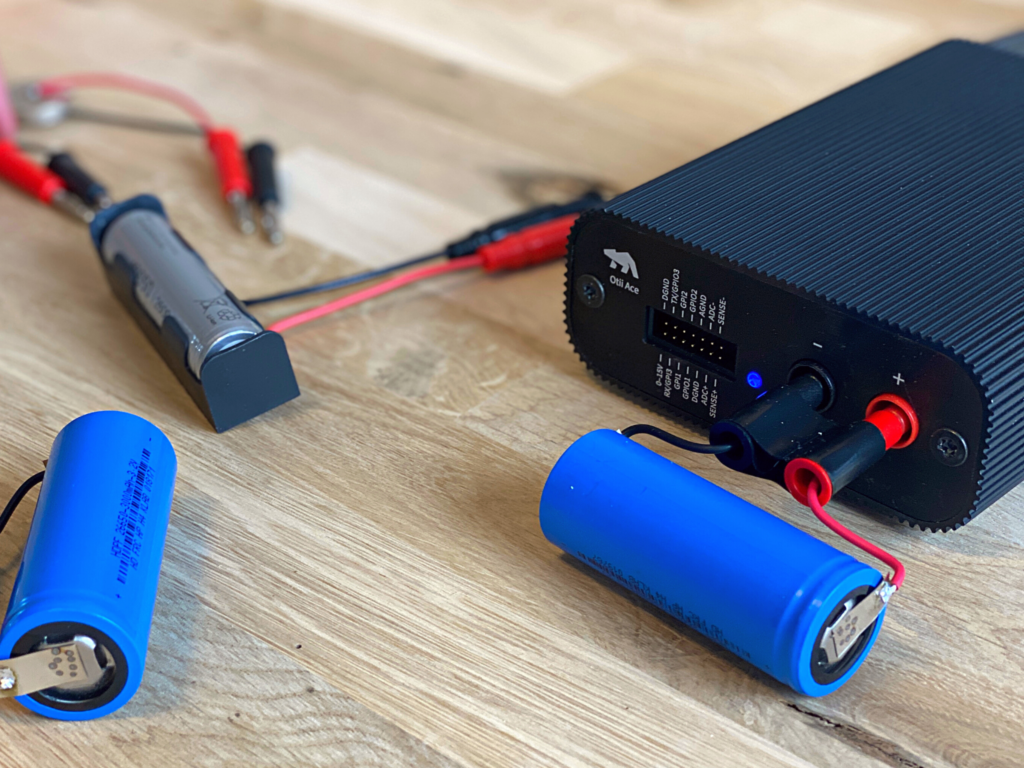
Best batteries for low-power IoT devices
Internet of Things (IoT) devices have become increasingly popular in recent years, with many applications ranging from smart homes to industrial automation. One common challenge that IoT devices face is the need for long-lasting and reliable power sources. Choosing the right battery for your low-power IoT device is crucial for its performance and longevity. In this article, we will explore some of the best batteries for low-power IoT devices.
Lithium-ion batteries
Lithium-ion batteries are commonly used in various electronic devices, including IoT devices. They are lightweight, have a high energy density, and are rechargeable, making them an ideal choice for low-power IoT devices. Lithium-ion batteries are available in various sizes and shapes, making them flexible for different applications.
- Pros: Long lifespan, high energy density, lightweight
- Cons: Expensive, may require special handling
Alkaline batteries
Alkaline batteries are another popular choice for low-power IoT devices. They are readily available, affordable, and have a long shelf life. While alkaline batteries have a lower energy density compared to lithium-ion batteries, they are still a viable option for devices that do not require frequent recharging.
- Pros: Affordable, long shelf life, widely available
- Cons: Lower energy density, not rechargeable
Lithium coin cell batteries
Lithium coin cell batteries are small, lightweight batteries commonly used in IoT devices with low power requirements. They are often used in devices such as sensors, wearables, and medical devices. While lithium coin cell batteries have a limited capacity, they are suitable for devices that need a compact power source.
- Pros: Small, lightweight, long shelf life
- Cons: Limited capacity, not rechargeable
NiMH batteries
Nickel-metal hydride (NiMH) batteries are rechargeable batteries that are commonly used in low-power IoT devices. They have a longer lifespan compared to alkaline batteries and are eco-friendly since they can be recharged multiple times. NiMH batteries are a cost-effective option for devices that require frequent recharging.
- Pros: Rechargeable, cost-effective, eco-friendly
- Cons: Lower energy density, self-discharge over time
When choosing a battery for your low-power IoT device, it is essential to consider factors such as energy density, shelf life, rechargeability, and cost. By selecting the right battery for your specific application, you can ensure optimal performance and longevity for your IoT device.
Was this helpful?
0 / 0